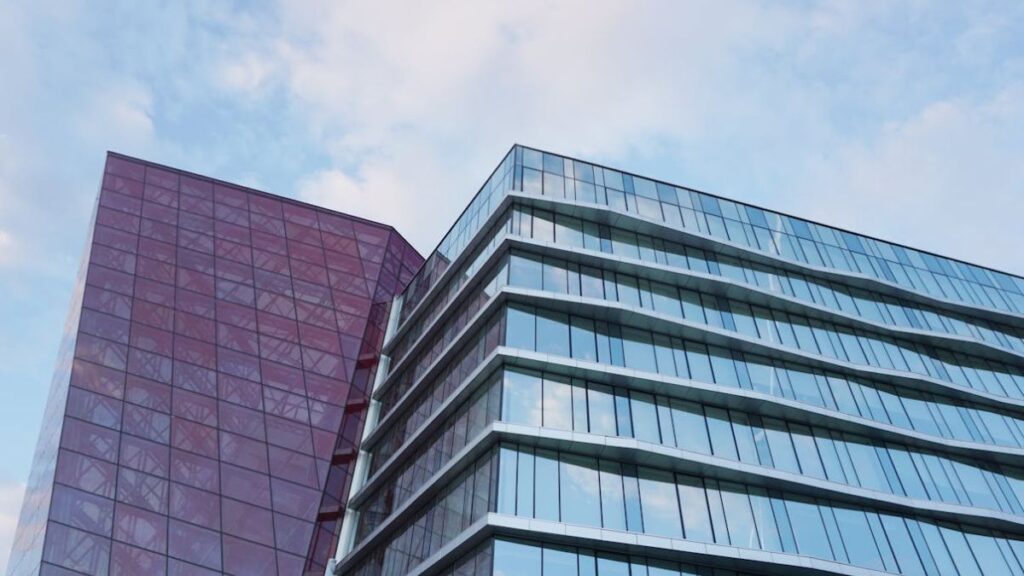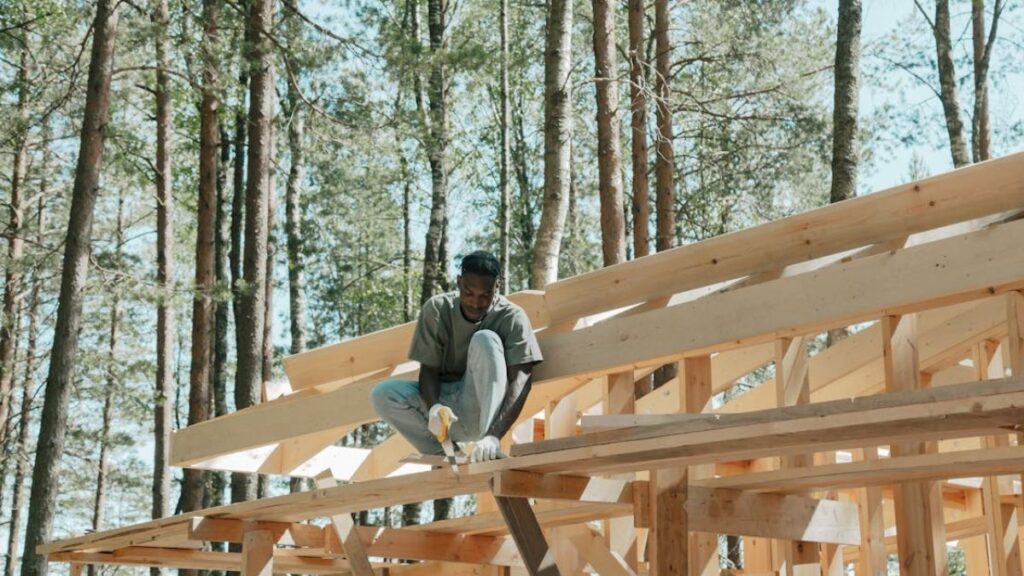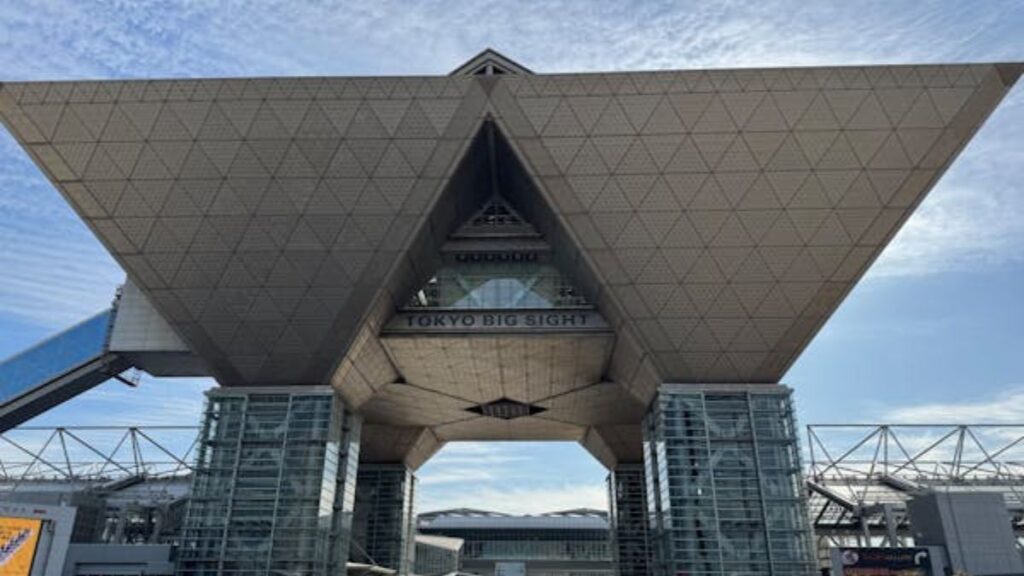Your commercial roof is more than just a protective cover for your business; it’s a critical component that safeguards your property, employees, and investments. However, no two commercial roofs are alike, and their specific needs depend on various factors like materials, location, and the type of business they serve. Neglecting these unique requirements can lead to costly repairs and reduced efficiency. Understanding and addressing these needs proactively ensures your roof remains durable, efficient, and cost-effective. Let’s explore the steps to meet the specific needs of your commercial roof.

Conduct a Thorough Roof Assessment
Before making any decisions, it’s essential to evaluate the current condition of your roof. Hire a professional roofing contractor to conduct a comprehensive inspection. This assessment will identify areas of concern, such as leaks, ponding water, or damaged membranes. Additionally, it will help you understand the specific demands of your roof based on its age, materials, and exposure to environmental elements. A detailed inspection forms the foundation for effective maintenance and upgrades tailored to your roof’s requirements.
Choose a Trusted Roofing Contractor
Partnering with a reliable and experienced roofing contractor is essential for meeting your commercial roof’s specific needs. Look for reliable commercial roofers with a proven track record in commercial roofing and certifications in industry best practices. A trustworthy contractor will provide expert guidance on materials, maintenance, and upgrades tailored to your roof’s unique requirements. Building a strong relationship with your contractor ensures consistent care and reliable support for years to come.
Understand the Impact of Weather and Location
The climate and location of your commercial property significantly influence your roof’s needs. For instance, properties in regions with heavy snowfall require roofs designed to handle extra weight, while those in areas prone to hurricanes need reinforced wind-resistant materials. Local weather patterns should dictate the type of materials, drainage systems, and insulation used. Partnering with a roofing expert familiar with your area ensures your roof is equipped to withstand local conditions effectively.
Choose the Right Roofing Material
The choice of roofing material plays a pivotal role in meeting your commercial roof’s specific needs. Common options include metal, TPO (thermoplastic olefin), EPDM (ethylene propylene diene terpolymer), and modified bitumen. Each material has unique advantages and is suited for specific environments. For example, TPO is excellent for energy efficiency, while metal roofs are known for their durability. Consult a roofing specialist to select a material that aligns with your budget, climate, and operational requirements.
Prioritize Regular Maintenance and Inspections
Routine maintenance is key to extending the lifespan of your commercial roof. Regular inspections can identify minor issues before they escalate into major problems. Ensure your maintenance plan includes cleaning debris, checking for damage, and inspecting seals and flashings. Seasonal inspections are especially important, as temperature fluctuations and weather events can cause wear and tear. A proactive maintenance schedule minimizes downtime and costly repairs while ensuring your roof remains in optimal condition.
Implement a Customized Drainage System
Effective drainage is one of the most essential elements in maintaining the integrity of your commercial roof. Without proper drainage, water can accumulate on your roof, leading to ponding, which significantly weakens the roofing materials. Over time, this excess moisture can result in leaks, mold growth, and even structural damage to your building. It’s crucial to evaluate the design of your roof to ensure that it can adequately handle water runoff. Installing customized drainage systems such as scuppers, gutters, and internal drains ensures that water is effectively channeled away from the roof. Regularly clear these drainage systems of debris, leaves, and other obstructions to maintain optimal functionality.
Budget for Repairs and Upgrades
Creating a dedicated budget for roof repairs and upgrades is a wise approach to ensuring your roof remains in optimal condition and prevents major disruptions to your business. Without a financial plan in place, unexpected repairs can be costly and lead to unexpected downtime that may interfere with your daily operations. Regular maintenance, such as inspections and minor repairs, should be part of your budget, as they help prevent larger issues down the road. Additionally, consider setting aside funds for future upgrades, such as energy-efficient materials or enhanced drainage systems.

Meeting the specific needs of your commercial roof requires a proactive and tailored approach. By conducting regular assessments, addressing location-specific challenges, and implementing customized solutions, you can ensure your roof remains durable and efficient. Partnering with experienced professionals and investing in preventive care not only protects your investment but also enhances the overall value of your property. Take the necessary steps today to safeguard your commercial roof and support the success of your business.







